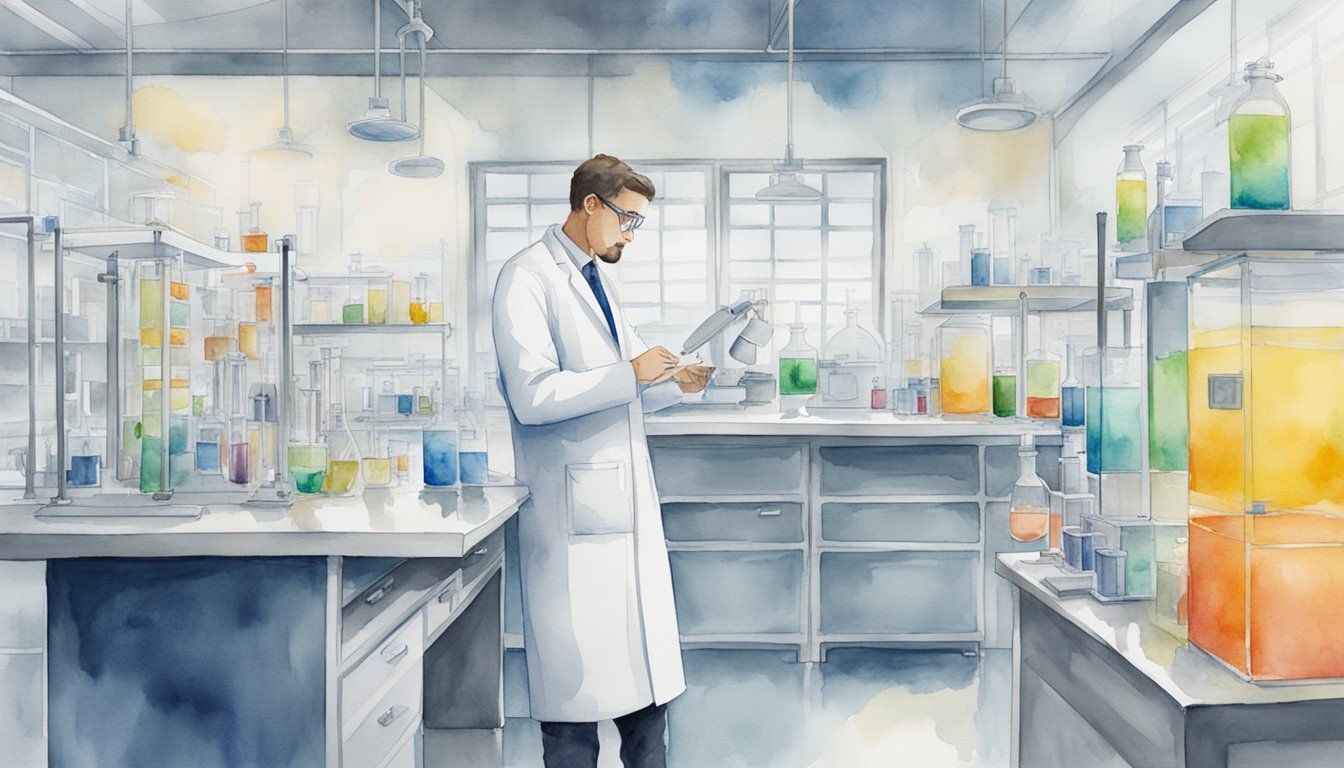A recent study published in the journal Scientometrics has found that scientists have increasingly been using positive and exciting language in their research summaries (known as abstracts) over the past four decades.
This trend is seen in various fields, including psychology, biology, and physics. The researchers analyzed over 2.3 million research abstracts and discovered a significant increase in the use of positive words like “unprecedented,” “novel,” and “unique.”
The team from the University of Graz, including Moritz Edlinger, Finn Buchrieser, and Guilherme Wood, used a special tool to measure the emotional tone (“valence”) of the words in these abstracts.
They found that positive language is often used at the end of abstracts, where it is most likely to leave a lasting impression on readers.
How the Study Was Conducted and What They Found
The researchers analyzed over 2.3 million research abstracts from the MEDLINE database, covering the period from 1980 to 2021.
This extensive dataset included abstracts from fields such as psychology, biology, and physics.
In addition to words mentioned above like “unprecedented,” “novel,” and “unique,” other examples of positive terms that appeared more frequently include “innovative,” “groundbreaking,” “remarkable,” “significant,” “important,” “promising,” “robust,” and “extraordinary.”
To conduct their study, the researchers carefully selected and analyzed words from the research abstracts. They made sure to exclude common scientific terms that might confuse the results.
The abstracts were divided into three sections, and the researchers calculated how positive the language was in each part.
One key finding was that the use of positive words has increased significantly over time.
For instance, the chance of an abstract having positive language grew by between 8% and 16% every decade.
This increase happened regardless of the length of the abstract, or the scientific field it was from. This suggests a broad shift towards using more promotional language in scientific papers.
The length of abstracts also increased, from approximately 900 characters in 1980 to about 1500 characters in 2021.
Likewise, over the four decades, the average “sentiment score” (a measure of how positive the language is) for abstracts also increased by a substantial margin across all three fields.
Differences Between Fields: Psychology the Most “Positive”
While the increase in positive language was seen across all three fields studied, psychology showed the highest levels of positive wording, followed by biology and physics.
This finding supports previous research suggesting that the social sciences, particularly psychology, are more affected by the biases and pressures that lead to exaggerated claims.
Why Scientists Might Be Doing This
The study also looked at why this trend might be happening.
One reason for the increase in positive language is the intense competition in academia.
As more scientists compete for limited funding, publication space, and jobs, they may feel pressured to make their work stand out by using more impressive language.
This “publish or perish” environment encourages scientists to hype their findings to get more attention and increase their chances of success.
What This Means and What Could Be Done Next
The growing use of positive words can create an unrealistic sense of how groundbreaking and important research is.
This can distort the scientific record and lead to misunderstandings.
“By triggering a low-threshold, positive affect through an excessive use of terms with positive connotations,” the authors conclude, “this trend can systematically impact the judgments of the respective abstracts in a way that is counterproductive to rigorous scientific practices.”
The study’s authors suggest that we need to be more critical of how scientific findings are presented and consider ways to reduce the hype.
They recommend, for example, developing better tools to analyze scientific language, and conducting more studies to understand this trend in other fields and databases.
Study Details:
- Title: Presence and Consequences of Positive Words in Scientific Abstracts
- Authors: Moritz Edlinger, Finn Buchrieser, Guilherme Wood
- Publication Date: November 4, 2023
- Journal: Scientometrics
- DOI: https://doi.org/10.1007/s11192-023-04864-6

